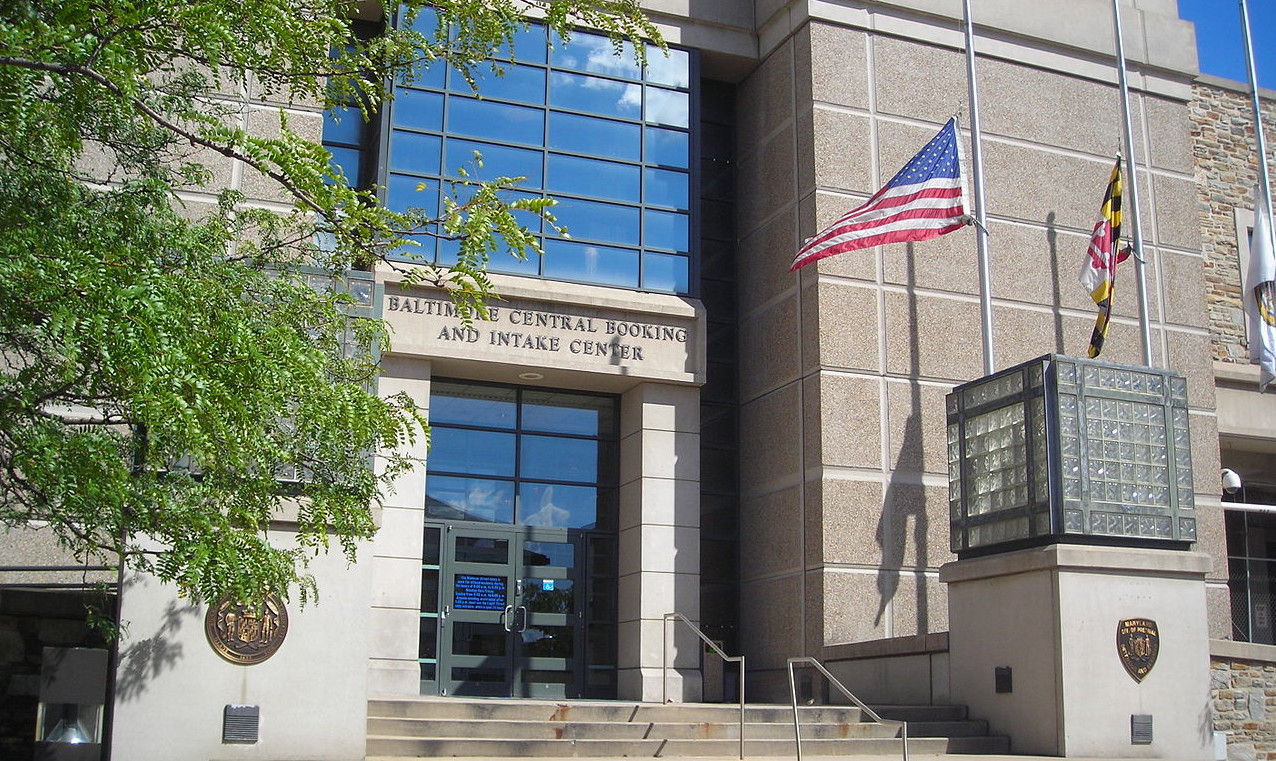Welcome back, readers, and happy September! Regardless of whether one is returning to school, fall seems to mark a turning point in the year. Those of us in the Northern Hemisphere say goodbye to warm weather and long evenings, and the fall foliage serves as a reminder that there is always an opportunity to “turn over a new leaf” (if you’ll forgive the pun). What’s always struck me as strange, though, is the fact that the Supreme Court does not start its session until October. What are avid followers of the Court such as myself supposed to do for the entire ninth month of the year?
Luckily, there is a cure for this so-called “Supreme Court Depravation:” the plethora of decisions that the Court left us to puzzle over when the term ended in June. Certain high-profile cases have been discussed and analyzed to a great extent, such as the two same-sex marriage cases (Hollingsworth v. Perry and United States v. Windsor) and Shelby County v. Holder, the decision that overturned Section 5 of the Voting Rights Act and opened the door for all sorts of potential discriminatory statewide voting laws. (To read my thoughts on the cases as they were being argued during the 2012-2013 session, see here for the same sex marriage cases and here for Shelby County here). I encourage you to read up on these three landmark decisions; their outcomes have already started to affect policy at the state and national level, and will be doing so for years to come.
With the media focused largely on these three cases, though, many of the other important decisions handed down in June went largely overlooked…and that’s where I come in! For the next few weeks, until that day in October when the Court reconvenes, I’ll be providing some insight into cases that I think deserve more attention. First up: Maryland v. King, decided June 3, 2013.
I originally wrote about Maryland v. King at the end of February, when the case had first been argued. A bit of a refresher: the question at hand was whether, under the Fourth Amendment, states would be able to, without a warrant, gather and subsequently analyze the DNA from individuals who had been arrested and then charged for “serious crimes.” (For backstory, please refer to my February article.) In a 5-4 decision, with Justice Kennedy penning the opinion, the Court decided that, “When officers make an arrest supported by probable cause to hold a suspect for a serious offense and bring him to the station to be detained in custody, taking and analyzing a cheek swab of the arrestee’s DNA is… a legitimate police booking procedure that is reasonable under the Fourth Amendment” (from SCOTUSblog). At first glance, this outcome seems logical: of course a police officer should be able to test the suspect’s DNA—as any good procedural crime drama can tell you, DNA evidence is often crucial in determining a suspect’s innocence or guilt.
Upon further examination, though, this issue becomes more complicated. Yes, Maryland was decided in a 5-4 break, something rather typical for the Roberts Court; however, the dissenting side consisted of Justices Ginsburg, Sotomayor, Kagan, and Scalia. That’s right—Justice Scalia joined his opera-loving liberal counterpart (Ginsburg) and her two junior compatriots (Sotomayor and Kagan) in dissent, and he was the only one of the four justices to write a dissenting opinion (joined by Ginsburg, Sotomayor, and Kagan). According to one of my favorite Supreme Court reporters, Lyle Denniston, Scalia said that “the Court…validated the use of scientific evidence taken without a warrant not to make an identification but to gather evidence to solve cold cases,” (emphasis added). Scalia also argued that the Court has never before allowed this practice, and this claim is what gives me pause when considering Maryland v. King.
As one can read in the text of the decision (either from the Supreme Court itself, or annotated by Bloomberg Law), Kennedy argues that the warrantless DNA search is only appropriate when persons have been arrested for “serious crimes,” as mentioned above. What made both Justice Scalia and I skeptical of this reasoning was the fact that, in what is rapidly becoming Justice Kennedy’s modus operandi when writing decisions, there is no explanation of what the phrase “serious crimes” actually means. Maryland v. King is now part of a long and storied history of Fourth Amendment jurisprudence; however, what could be a crucial check on the abuse of our protections under the Fourth Amendment—the stipulation that DNA can only be sampled without a warrant under the circumstances of “serious crimes”—has gone undefined.
As many of my readers know, I rarely agree with Justice Scalia, but in this instance I think he (along with Justices Ginsburg, Sotomayor, and Kagan) was correct in his dissent. Many states have laws similar to Maryland’s DNA Collection Act, the piece of legislation at the core of Maryland v. King (read the law’s text here and analysis of its use here), and with only the broad phrase “serious crimes” guiding their work, police officers across the United States are now able to take DNA samples without a warrant. This fact gives me pause, especially considering the broader Fourth Amendment questions at play in United States politics right now (see author Dan Duhaime’s recent article on the subject here). This decision, though, was not even the most controversial of the cases handed down in June. Wait and see: once I have explained the decisions you can judge for yourself. Get ready, because the rest of September is going to be as exciting as the Court’s return in October.
